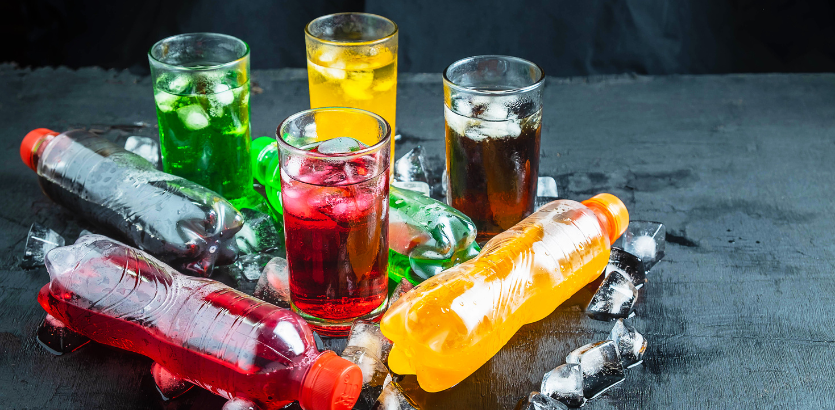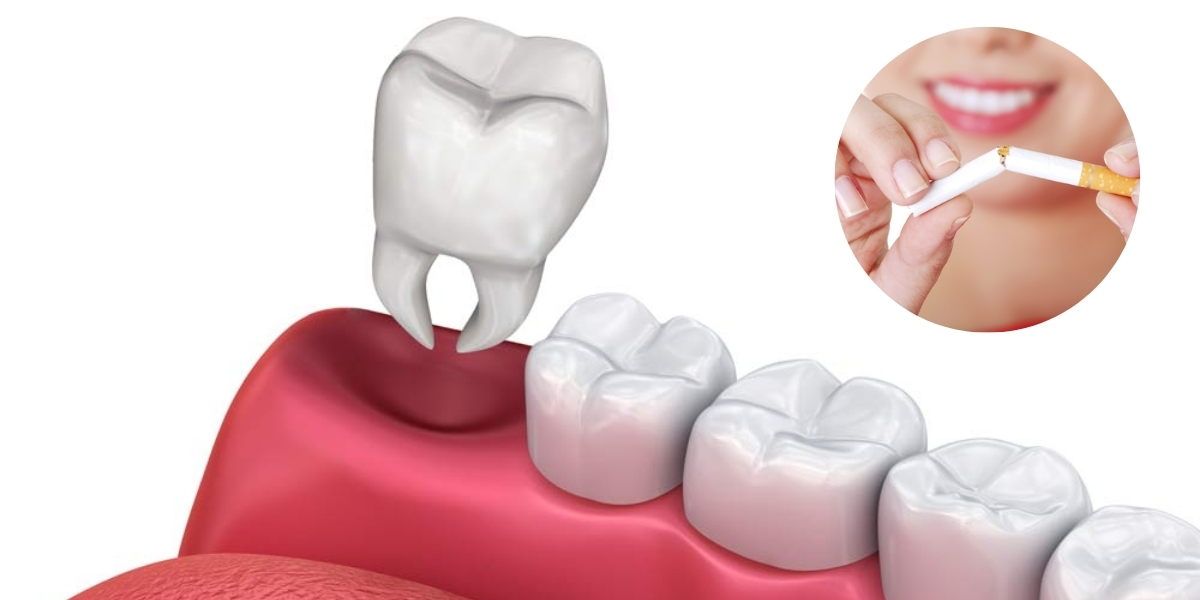
After undergoing a tooth extraction, it’s crucial to prioritize your oral health to facilitate a smooth and speedy recovery process. Knowing what to avoid during this critical period can significantly impact the outcome of your procedure and minimize the risk of complications. In this comprehensive guide, we’ll delve into the essential aspects of post-operative care, focusing on specific activities and foods to steer clear of for optimal healing. By adhering to these guidelines, you can enhance your chances of a successful recovery and ensure long-term oral well-being.
10 Things to Avoid After Tooth Extraction
In this guide, we’ll explore in detail the things you should avoid after tooth extraction to promote healing and prevent complications.
- Acidic Foods: Acidic foods like citrus fruits and tomatoes can irritate the extraction site and delay healing. These foods can also increase the risk of infection and discomfort. It’s best to avoid acidic foods until the extraction site has fully healed to prevent any unnecessary complications.
- Alcohol: Alcohol consumption can interfere with the blood clot formation at the extraction site, leading to a condition called dry socket. Dry socket can be extremely painful and may prolong the healing process. Therefore, it’s advisable to abstain from alcohol for at least 24 to 48 hours after tooth extraction.
- Smoking: Smoking is one of the most significant risk factors for complications after tooth extraction. The chemicals in cigarettes can impair blood flow to the gums, slowing down the healing process and increasing the risk of infection. Additionally, smoking can dislodge the blood clot, leading to dry socket. It’s crucial to avoid smoking for at least 72 hours post-extraction and ideally quit altogether for optimal healing. Find more info on smoking after tooth extraction.
- Spicy Foods: Spicy foods can cause irritation and discomfort to the extraction site, especially if it’s still tender and healing. These foods can also increase the risk of inflammation and delay healing. It’s best to steer clear of spicy foods until the extraction site has fully healed to avoid any unnecessary complications.
- Chewy Foods: Chewy foods like gum, taffy, and certain meats can stick to the extraction site and disrupt the healing process. Additionally, chewing on these foods can put pressure on the extraction site, leading to pain and discomfort. It’s advisable to avoid chewy foods until the area has completely healed to promote optimal recovery.
- Crunchy or Hard Foods: Crunchy or hard foods like nuts, chips, and hard candies can pose a risk of damaging the extraction site or dislodging the blood clot. These foods can also be challenging to chew and may cause discomfort. It’s best to avoid crunchy or hard foods until the extraction site has fully healed to prevent any complications.
- Drinking Through a Straw: Using a straw to drink beverages can create suction in the mouth, which can dislodge the blood clot and lead to dry socket. Additionally, the pressure from sucking on a straw can cause discomfort and delay healing. It’s recommended to avoid drinking through a straw for at least 24 to 48 hours after tooth extraction to minimize the risk of complications.
- Carbonated Soft Drinks: Carbonated soft drinks can introduce air bubbles into the mouth, which can disrupt the blood clot and hinder the healing process. Moreover, the acidity and sugar content in these drinks can irritate the extraction site and increase the risk of infection. It’s advisable to avoid carbonated soft drinks until the extraction site has fully healed to promote optimal recovery.
- Hot Liquids: Hot liquids like coffee, tea, and soup can increase blood flow to the extraction site, leading to pain and discomfort. Additionally, the heat from these beverages can dissolve the blood clot and delay healing. It’s best to avoid hot liquids for the first 24 to 48 hours after tooth extraction and opt for lukewarm or cold beverages instead.
- Touching or Disturbing the Extraction Site: Constantly touching or poking at the extraction site with your tongue, fingers, or any objects can disrupt the healing process and increase the risk of infection. It’s essential to refrain from touching or disturbing the extraction site to allow it to heal properly.
Conclusion
By avoiding the aforementioned activities and foods after tooth extraction, you can promote faster healing and minimize the risk of complications. Remember to follow your dentist’s post-operative instructions carefully and prioritize rest and proper oral hygiene to ensure a smooth recovery process. If you experience any unusual symptoms or complications, don’t hesitate to contact your dentist for guidance and assistance.
